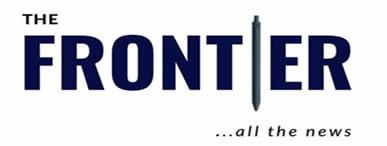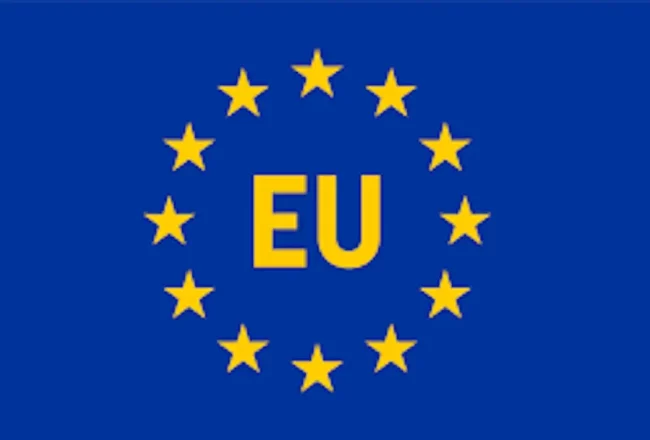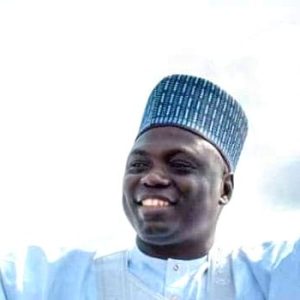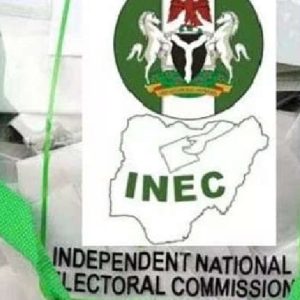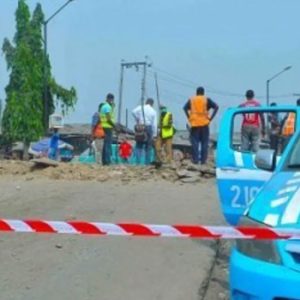The European Union has dispatched a total of 687 observers to Anambra State to monitor the gubernatorial election slated for tomorrow (Saturday).
The governorship election is the first to be conducted under the leadership of Joash Amupitan, current Chairman of the Independent National Electoral Commission (INEC), reports Daily Independent.
The EU, however, said the dispatch of officials is rooted in its long standing commitment to credible, peaceful, and inclusive electoral processes in Nigeria.
The team is being coordinated under the EU Support to Democratic Governance in Nigeria (EU-SDGN) programme.
Already, seven of the 16 EU-SDGN implementing partners, The Kukah Centre, Yiaga Africa, International Press Centre (IPC), Centre for Media and Society (CEMESO), Nigeria Women Trust Fund (NWTF), ElectHER, and TAF Africa, are on ground in Anambra State.
Laolu Olawumi, Programme Manager, Democracy, Rule of Law and Gender, a member of the delegation of the European Union to the Federal Republic of Nigeria and ECOWAS gave this indication yesterday, in a statement made available to our correspondent.
The EU said its goal is enabling its civil society partners to deploy election observers, strengthen peace-building, advance disability and gender inclusion, counter misinformation, and reinforce public confidence in the democratic process.
Olawumi noted, “We are operating from a Unified Election Observation Hub designed to ensure coherence, message alignment, and shared visibility throughout the poll.
“The key feature of this unified deployment is to obtain a broad view of the election by utilising the diverse skills and experience of the EU-SDGN partners, analyse the findings, and compile them into a comprehensive report that will be made public and available to all stakeholders.
“In total, the programme is deploying 687 observers across Anambra State, working in coordinated clusters that cover election integrity, disability inclusion, gender participation, peace-building, media and misinformation tracking, logistics observation, and real-time data reporting.
“This is one of the most extensive civil society-led observer deployments ever recorded for a state election in Nigeria,” the cohort stated.
“Each cluster is collecting evidence from a different angle. When those findings are merged, they offer a fuller, verifiable picture of the election that no single organisation could produce alone.”
According to the EU, observers are distributed across several thematic areas, including election integrity and results verification; disability inclusion with trained observers and stand-alone sign language interpreters; gender participation with observers tracking women-related issues; media and misinformation tracking through journalists and fact-checkers deployed across polling locations; peace-building and conflict prevention; and the monitoring of polling logistics and the distribution of sensitive election materials.
